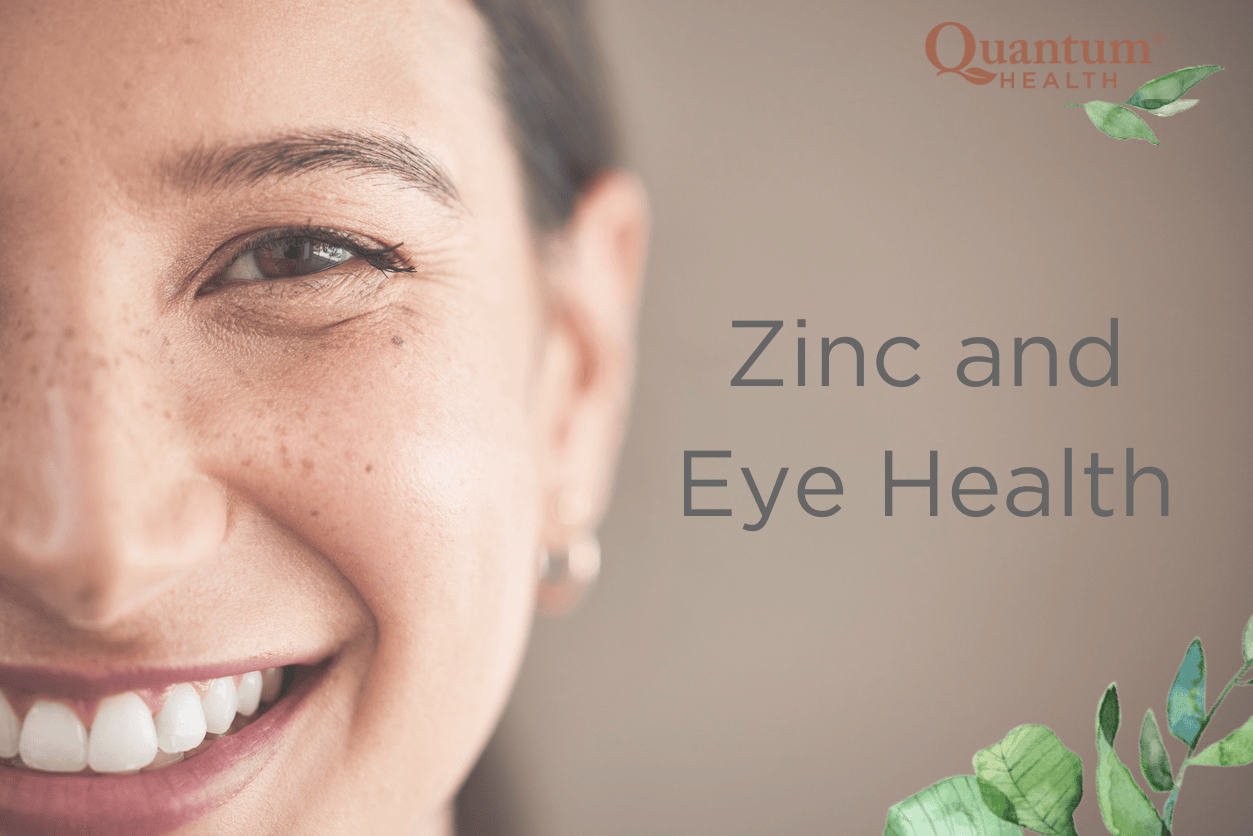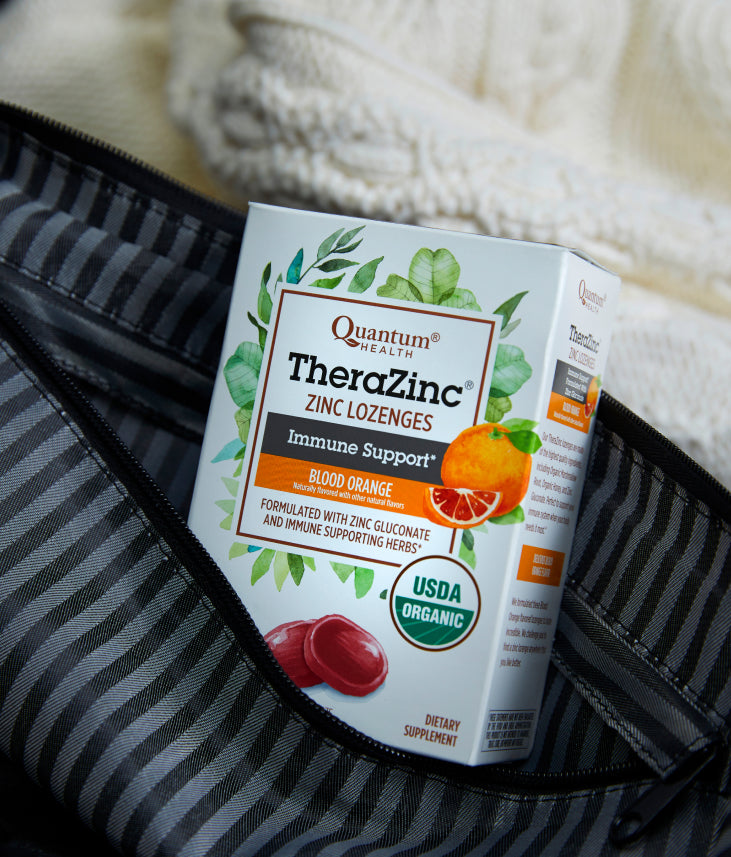What Exactly Does Vitamin D Do?

Highlights
- Vitamin D, known as the "sunshine vitamin," is crucial for supporting overall health, synthesized by the body through sunlight and also obtained from certain foods and supplements.
- Vitamin D exists in two primary forms, D2 (ergocalciferol) and D3 (cholecalciferol), with D3 being produced in the skin upon sunlight exposure and undergoing conversion in the liver and kidneys to its active form.
- Balance sun exposure and skin protection, include Vitamin D-rich foods in the diet, and consider supplements with healthcare provider guidance to maintain optimal health support.
Vitamin D, often known as the "sunshine vitamin," is a crucial nutrient for supporting overall health. Unlike many vitamins, it can be synthesized by the body when your skin is exposed to sunlight, as well as obtained from certain foods and supplements. Grasping the significance of Vitamin D is essential for ensuring that we meet our body's needs and maintain optimal health.
What Does Vitamin D Do?
To appreciate what Vitamin D does, it's important to understand its nature. Vitamin D is a fat-soluble vitamin that exists in two primary forms: Vitamin D2 (ergocalciferol) and Vitamin D3 (cholecalciferol). These forms have slight differences in their chemical structures and sources. Vitamin D3 is produced in skin upon exposure to sunlight, specifically ultraviolet B (UVB) rays. After production, it is converted in the liver to 25-hydroxyvitamin D. Then, the kidneys convert it to its active form, 1,25-dihydroxyvitamin D. This conversion process is vital for the vitamin's functionality in the body.
Potential Benefits of Vitamin D
The advantages of Vitamin D are numerous and broad ranging. One of its most recognized roles is in supporting bone health. Vitamin D facilitates the body's absorption of calcium, which is essential for supporting the strength of bones and teeth.
What Does Vitamin D do for the Rest of the Body?
Beyond supporting bone health, Vitamin D also helps support the body's immune response. It assists the immune system in combating pathogens and can help reduce the risk of infections, thereby contributing to the support of overall health and well-being. Additionally, sufficient Vitamin D levels are crucial for muscle function, as it may help maintain muscle strength.
How Vitamin D is Used
The uses of Vitamin D go beyond its natural roles. The daily intake of Vitamin D that is recommended varies based on age, sex, and life stage. For most adults, the recommended amount is 600 to 800 IU (International Units) per day. However, certain populations, such as older adults and those with limited sun exposure, may need higher amounts. Clinically, Vitamin D supplementation is often used to treat and prevent Vitamin D deficiency, which can lead to various health issues. Supplementation is commonly prescribed to individuals with low levels of this vital nutrient.
Sources of Vitamin D
Getting enough Vitamin D can come from several sources. The primary natural source of Vitamin D is sunlight. By spending time outdoors with exposure to sunlight, the body synthesizes Vitamin D. Additionally, Vitamin D can be obtained from dietary sources, such as fatty fish (like salmon and mackerel), egg yolks, and commercially fortified foods such as milk, orange juice, and cereals.
Not Enough Vitamin D
Despite its importance, many people are at risk for Vitamin D deficiency. Several factors can contribute to this deficiency, including limited sun exposure, certain medical conditions (like malabsorption syndromes), and dietary habits that lack Vitamin D-rich foods. Symptoms of Vitamin D deficiency can include bone pain, muscle weakness, and an increased risk of fractures. Severe deficiency can lead to more serious health issues, highlighting the importance of maintaining adequate levels.
For those who struggle to achieve sufficient Vitamin D levels from sunlight and food, supplements are available in the form of Vitamin D2 and Vitamin D3. It is important to choose the right type and dosage based on individual needs and medical advice.
Safe Practices for Maintaining Adequate Vitamin D Levels
To ensure you are getting enough Vitamin D, safe practices are essential. Balancing sun exposure and skin protection is crucial. Spend short periods in the sun without sunscreen to allow for Vitamin D synthesis, but avoid excessive or long exposure to reduce the risk of skin damage. Including Vitamin D-rich foods in your regular diet is another important step. If you are unable to get enough Vitamin D from sunlight and diet, consider supplements. Consult with a healthcare provider to determine the appropriate dosage and type of supplement for your needs.
Prioritizing Vitamin D for Health and Wellness
Vitamin D is a vital nutrient that supports various aspects of health, including bone strength, immune function, and muscle maintenance. Ensuring adequate levels through sunlight exposure, diet, and supplements when necessary is essential for overall well-being. By understanding and maintaining proper Vitamin D levels, you can take an important step towards a healthier life.
Partager
Votre partage peut en inspirer d’innombrables autres.



















































